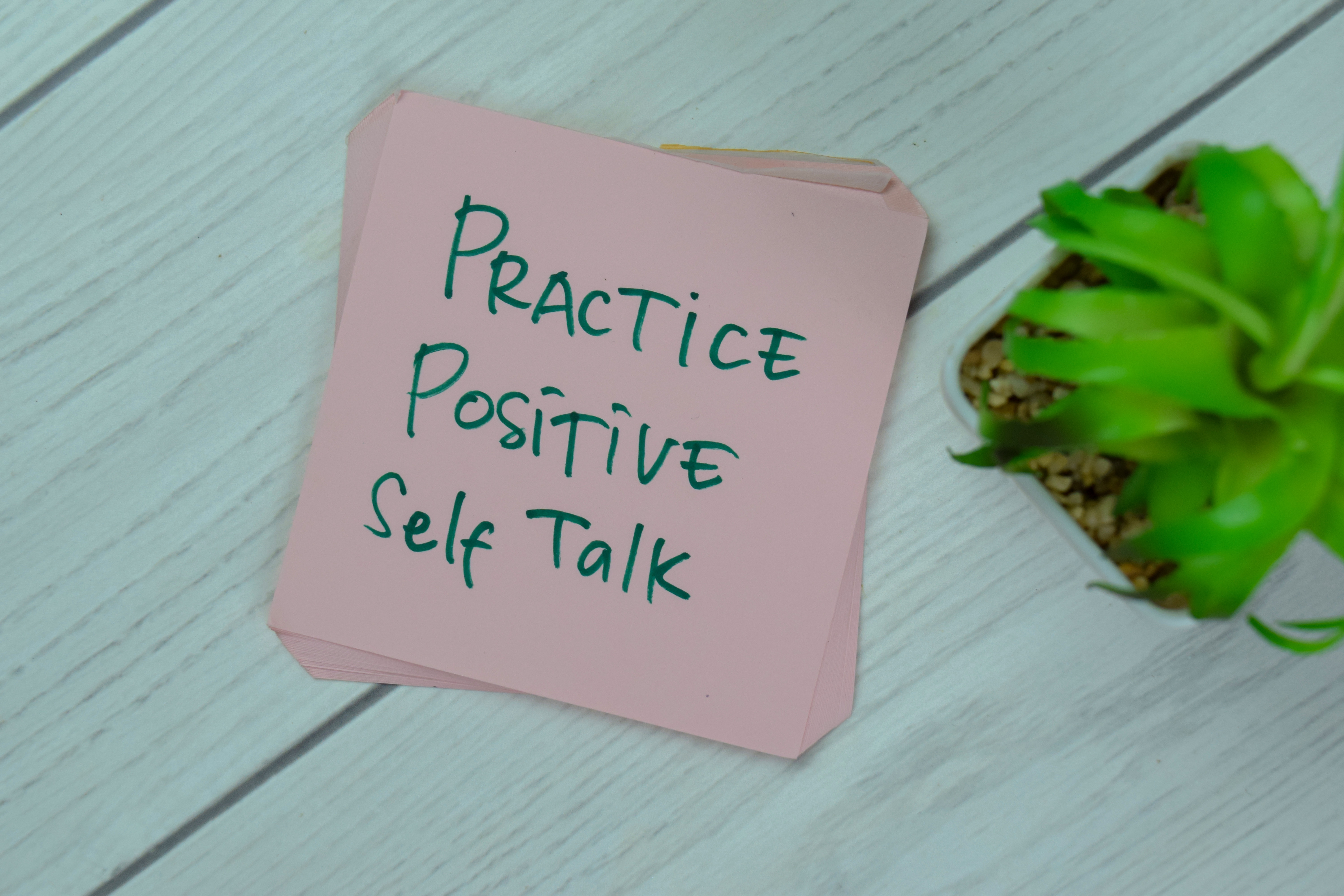
You’ve probably heard people talk about the importance of self-care, both in pop culture, as well as in the mental health field. “Self-care” has become such a popular term in everyday life, but what does it mean?
A search for “self-care” in the Merriam-Webster online dictionary reveals a rather simple definition: to care for oneself. This is perhaps too simplified, especially when compared to the Oxford definition, which reads, “The activity of taking care of one’s own health, appearance, or well-being.”
The latter definition suggests a more active role, which aligns better with the meaning of self-care in the health and wellness arena. While this definition provides a good starting point, it doesn’t necessarily tell the whole story. With self-care being such a hot topic, we are bombarded with a range of different views on what this means.
The best way to practice self-care is to take a look at what it means to “do self-care the right way.” We’ll dive into some specific advice below, but first, let’s take a look at the history of self-care.
History and Evolution of Self-Care
Prior to its ubiquity in pop culture, self-care had a long history in numerous disciplines. Fields like psychology, medicine, public health, anthropology, and economics have all contributed to the knowledge base on self-care. Sometimes, different fields have provided conflicting definitions of self-care.
Consider the following contributions to the evolution of self-care as we know it today:
- Self-care has certainly played a role in the healthcare system. According to the International Self-care Foundation, the concept of self-care in the medical system has evolved in response to the paternalistic approach to medicine that dominated in the 1960s. At this time, the medical field viewed self-care in a negative light, as preventive medicine was not valued. Instead, the healthcare system was seen as existing to treat illness.
Since the 1960s, society has clearly evolved, and communities have begun to push back against the paternalistic approach to healthcare. In response, people have become empowered to take control over their own health, which involves educating themselves and practicing self-care to reduce the risk of illness and disease.
- The healthcare system has certainly taken center stage when it comes to self-care, but this doesn’t tell the entire story of self care’s history. It’s important to consider other movements that have contributed to the evolution of self-care. One such contributor is the Civil Rights Movement, which shed light on inequalities in the United States healthcare system.
Key leaders, including Martin Luther King Jr., viewed self-care as a necessary strategy for promoting physical and mental health in Black communities as they fought against injustices. Ultimately, this movement resulted in the creation of free wellness programs that addressed the lack of resources in Black communities.
- Around the same time, the women’s liberation movement that took place during the 1960s and 1970s encouraged women to take part in self-care. In response to sexism, women’s self-care clinics began to emerge, offering services like herbal remedies and massage to meet women’s unique needs.
Self-Care Today
Today, self-care has expanded, with many people taking steps to care for their physical and mental health. Social media influencers have also been quick to jump on the self-care bandwagon, posting videos of their own self-care routines, in addition to sharing tips for implementing self-care in daily life.
Some of these content creators have good intentions, and they may be sharing valuable content. In some cases, mental health professionals, such as counselors and social workers, may even create and share helpful self-care content.
However, it’s important to keep in mind that self-care as portrayed in pop culture on social media may not always be helpful. For example, some content creators may share lengthy self-care routines that involve applying several skincare products each night before bed. For some people, it’s simply not realistic to spend hundreds of dollars on lotions and serums. Perhaps even more importantly, self-care is so much more than a hydrating skincare routine.
In some instances, influencers may even promote content that acts in opposition to the intended goals of self-care practices. Consider an influencer who posts intense workout routines or restrictive eating plans. This content may be promoted as self-care, when in reality, it is supporting unattainable standards. The bottom line is that it’s important to be careful about the self-care content you consume. Self-care practices should enhance your physical and mental wellbeing, rather than making you more stressed.
Practicing Self-Care the Right Way
When practiced correctly, self-care can be an invaluable tool for promoting physical and mental wellness, reducing stress, and even managing a physical or mental health condition. To practice self-care the right way, consider the tips below:
- Make time for exercise that you enjoy. This could involve taking a walk, going for a jog, lifting weights, dancing, or joining a group fitness class. The point is to find an activity that’s enjoyable enough to make you want to keep doing it.
- Prioritize a healthy sleep schedule that provides adequate time for rest and recovery. This involves setting aside enough time for a full night of sleep, powering down devices like your phone and tablet before bed, and creating a cool, dark sleeping environment.
- Eat a nutritious diet that provides adequate calories to get you through the day. Choose mostly whole, natural foods that provide the vitamins and minerals you need to function your best.
- Stay hydrated, and prioritize water over soda, caffeinated beverages, and sugar-sweetened drinks like juices or lemonades.
- Regularly engage in relaxing activities, like yoga, meditation, or journaling.
- Stay socially connected, by reaching out to friends and family when you need support.
- Practice gratitude as a habit, by looking for positive moments in your day. Take time to make note of and appreciate what is going well.
Ultimately, self-care is a preventive health practice. When you regularly care for yourself, you can protect yourself from developing chronic medical problems. Self-care is also useful for managing stress and preventing mental health from deteriorating. However, it isn’t a cure-all.
If you find that stress makes it difficult to function in daily life, or you simply aren’t feeling like yourself, it may be time to reach out for professional intervention. Symptoms like sleep disturbances, concentration problems, or difficulty completing daily tasks can be signs of a mental health disorder that would benefit from professional treatment.
Mission Harbor Behavioral Health offers outpatient mental health services in Los Angeles and Santa Barbara. We have a variety of different treatment tracks to meet each patient’s individual needs. Contact us today to learn more or to get started with services.




